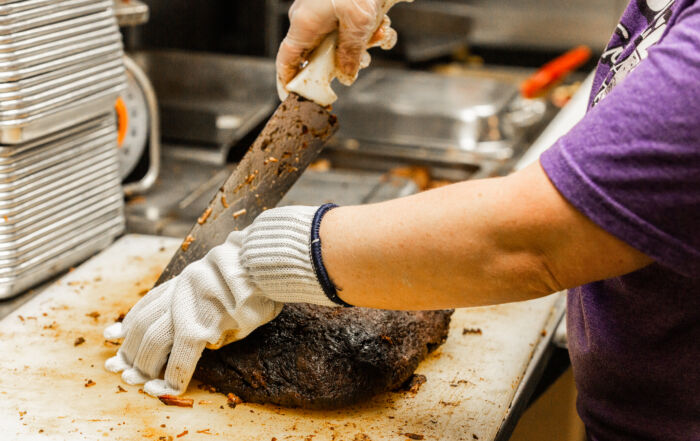Ongoing Outbreaks: What We Can Learn from the Most Recent Carrot and Cucumber Outbreaks
Last month in our blog, we highlighted the recent E. Coli outbreak stemming from onions served at McDonald’s restaurants. In our blog, we highlighted some key considerations when serving fresh produce that often lacks the kill step that we have with most proteins. However, since that blog was published, we’ve had two more high profile outbreaks across the United States involving fresh produce.
In November, a recall was initiated by a company when their carrots, which were packed as both a standalone product (whole organic carrots) and in organic and conventional vegetable medley packages after it was suspected that they may have been contaminated with E. coli O121:H19. As of late November 2024, investigations by the FDA and CDC have linked contaminated carrots to over 39 illnesses, 15 hospitalizations, and one death.
Cases span the US, including states from Washington, Oregon, and California to states as far east as New York and Massachusetts. The carrots in question were distributed by a national brand and primarily sold at large retail chains. The FDA has issued a recall of the implicated products, urging consumers to check their purchases and discard affected items. The source of contamination appears to be linked to agricultural water used during irrigation.
Almost simultaneously, a Salmonella Typhimurium outbreak has been tied to fresh cucumbers distributed to 36 states. As of this writing in early-December 2024, the outbreak has resulted in 68 reported illnesses across 19 states, with 18 hospitalizations. While no fatalities have been recorded, the widespread nature of the contamination has prompted significant recalls, affecting not only whole cucumbers but also prepackaged salads and sushi products containing the cucumbers.
Retailers and distributors are cooperating with the FDA to remove affected products from store shelves. But for consumers and foodservice operators, it is recommended to avoid eating or serving cucumbers unless you can confirm their origin and safety.
…both of these outbreaks underscore the risk of cross-contamination during food handling and processing.
There isn’t much more that I can add to last month’s blog post related to handling fresh produce, but both of these outbreaks underscore the risk of cross-contamination during food handling and processing. While cucumbers are often considered low risk in terms of contamination, improper handling during washing and packaging can easily spread harmful bacteria. Many times our employees don’t always consider these as “potentially hazardous,” but we must ensure that we follow the same strict sanitation protocols that we require with meat products to prevent cross-contact between contaminated and uncontaminated products.
These incidents underscore the importance of maintaining rigorous safety standards at every step of the food supply chain. From farming to processing and distribution, gaps in safety practices can lead to significant public health risks. Foodservice managers play a role in this system by staying informed about recalls and acting upon those recalls quickly.
As federal agencies continue to investigate these outbreaks, ongoing collaboration between regulators, producers, and foodservice operators is essential to preventing future incidents and ensure a safer food supply. Risk Nothing.
READ MORE POSTS
The Second Wave: Food Safety Myths That Deserve Your Attention
Walk into any commercial kitchen, and you'll find hardworking staff following protocols they have learned [...]
What Your Staff Gets Wrong About Food Safety (And How to Fix It)
Earlier this month, I was mindlessly scrolling through Facebook when I came across a post [...]
Your Guide to Approved Food Safety Training Programs in 2025
Early in my foodservice career, I persuaded the owners of the restaurants I managed to [...]
Thanksgiving Food Safety: Separating Fact from Fiction
Most blogs that I write are geared toward the foodservice professional preparing food in commercial [...]










